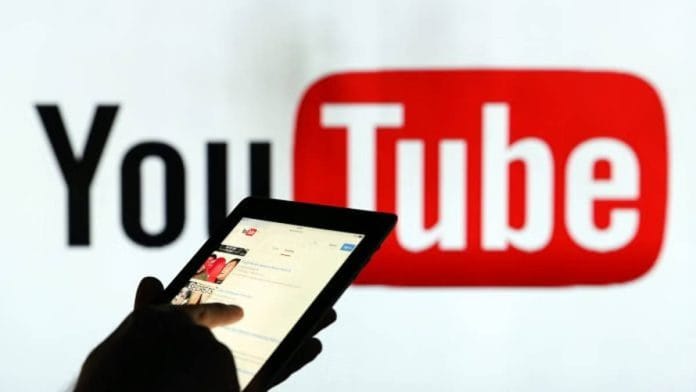New Delhi:Targeting “inauthentic content”, YouTube has announced an update, effective Tuesday, to its monetisation guidelines under the YouTube Partner Program (YPP).
The new guidelines limit the earnings of creators who produce low-effort, repetitive content or that seen as mass-produced with little creative input from the uploader.
YouTube in a statement clarified its policy and termed the update a “minor” one. It said the new guidelines are not intended to target reaction videos or clip-based content generally and there will be no change to the reused content policy, which reviews content like commentary, clips, compilation and reaction videos.
According to YouTube, mass-produced content referred to channels that upload narrated stories and slideshows with only superficial differences and the same narration. This list is not exhaustive, it said.
Emphasising on originality, the policy makes it tougher to monetise repetitive content, which is often considered spam. It applies “regardless of how the content was made”. In the context of AI-generated content, it says that creators who use AI to enhance their storytelling and content remain eligible to monetise.
“We regularly update and evolve our policies based on the content on YouTube, and this update is to clarify that this policy includes content that is mass-produced or repetitive, which is content viewers often consider spam. This content has always been ineligible for monetisation, as we’ve always required content to be original and authentic for YPP,” it states.
The guidelines are thus meant to uplift the quality of content and bring better viewer engagement to the platform, which would also be beneficial for the ad business.
According to YouTube policy, creators need at least 500 subscribers and three valid public uploads in the last 90 days to be eligible to apply for the Partner Program. They can then earn money through advertisements shown in their videos, either after they have at least 1,000 subscribers and 4,000 valid public watch hours in the past 12 months.
The present partner program guidelines target channels that upload high volumes of AI-generated videos. Those using AI-generated content, text-to-speech narration, or existing clips without modification could risk demonetisation.
In 2020, YouTube cracked down on multiple channels that used text-to-speech voices to read Reddit stories, tagging them as “mass-produced”. In March this year, it made improvements to the ad suitability review process designed to improve the accuracy of monetisation decisions and overall potential. The new guidelines are an enhancement of these policies.
Speaking to ThePrint about the implications of the policy on copyright and lawsuits in the future, Akash Karmakar, a senior partner with Panag & Babu, who leads their tech practice, said: “Artificial intelligence can only create content, specifically videos, re-using patterns that are viral. This makes AI-generated content asinine and lacking originality.”
“This does not mean that there are copyright issues inherent to using bits and pieces of viral ideas. GenAI has advanced to the extent that content made as an amalgam of other bits and pieces of content may feel familiar to the viewer, without violating copyright laws in India,” he added.
Regarding the intent of YouTube, he said: “Most content today feels like it is an amalgam of borrowed ideas and lacks the freshness of radical ideas… YouTube or any streaming platform cannot be anti-AI and it isn’t really targeting AI. It’s targeting the triteness of content which is plaguing such streaming platforms.”
Riju Chanda is an intern with ThePrint
(Edited by Nida Fatima Siddiqui)
Also Read: As YouTube mulls changes to kids’ content, rival services see opportunity






